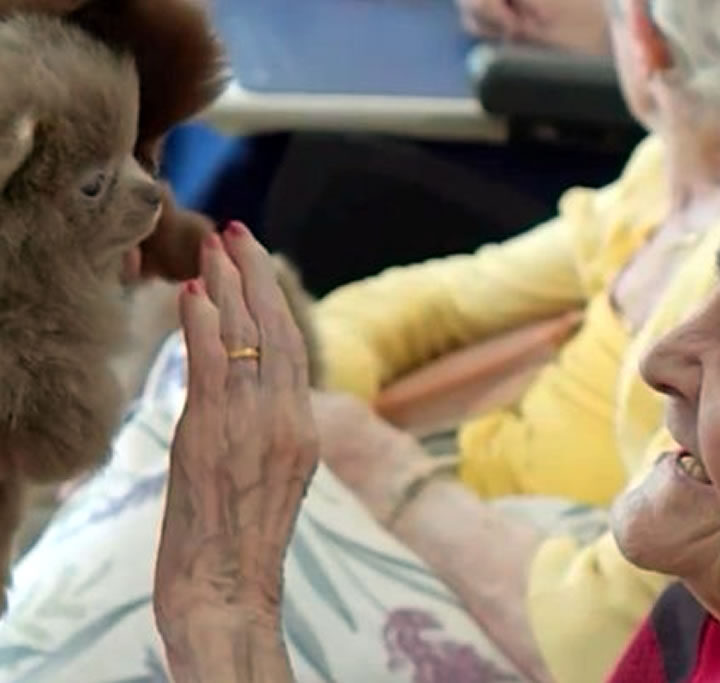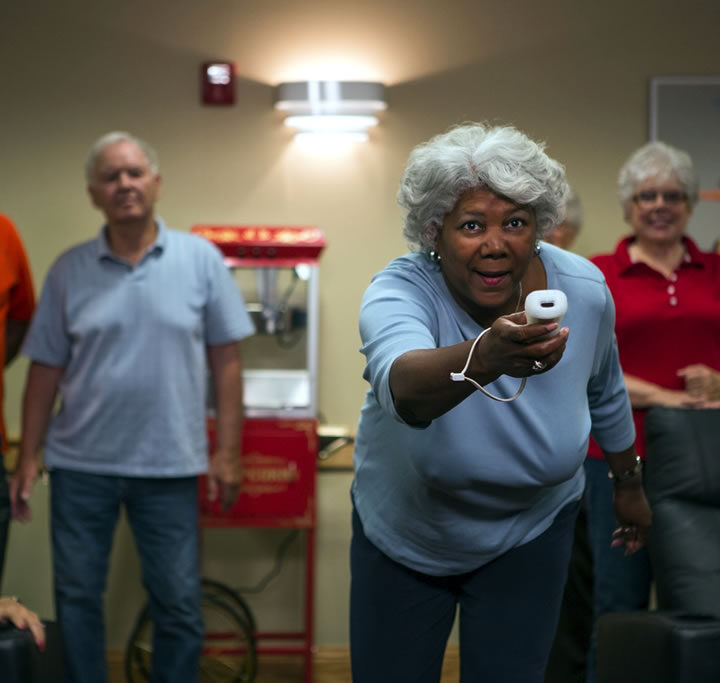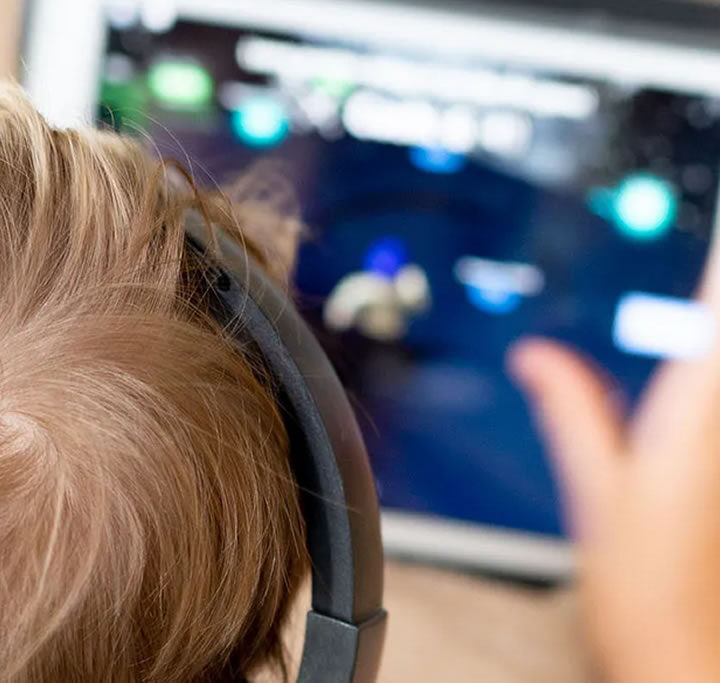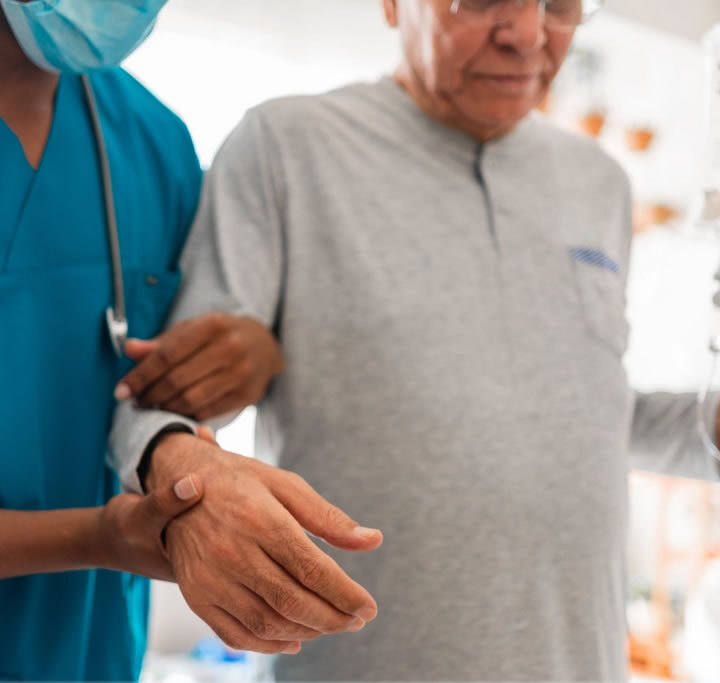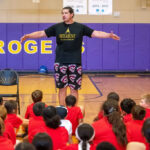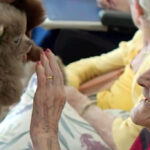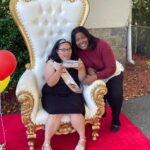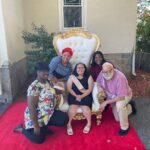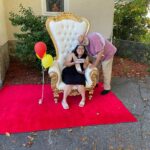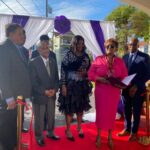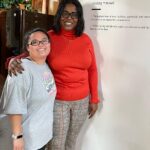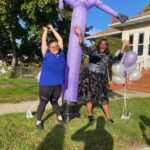School is out for the summer, but Rogers High School’s Carl “Tuffy” Ellingsen Athletic Center was packed Monday afternoon with kids ready to learn how their health and well -being are critical to chase their dreams.
The nonprofit Rise Above hosted its second annual sports clinic to empower, enrich and inspire Indigenous children to “rise above” their circumstances.
“It’s really amazing. I’m overwhelmed,” said Jaci McCormack, founder of Rise Above. “People giving back, all the all-stars here wanting to help and enjoy themselves while coaching, and the kids? Their faces, their energy? I’m rejuvenated. It’s very humbling to have people come out for Rise Above, because it’s not about us, it’s about the kids.”
The sports clinic welcomed children from all over the Pacific Northwest . The diversity in age and perspective of the clinic leaders was an intentional decision for this year’s clinic.
NBA stars Lenny Wilkens, Spencer Haywood, Dale Ellis, Craig Ehlo and Detlef Schrempf worked the basketball clinics. Olympians Carla McGhee and Venus Lacy, part of the 1996 Women’s Olympic Basketball Team, also participated. University of Montana player Freddy Brown III, of the Makah Tribe, led basketball exercises.
Emoni Bush, of the We Wai Kum First Nation, and Jeff Ross, a descendant of the English River First Nation, led volleyball workouts.
Adaptive sports were added to this year’s schedule. Noah Hotchkiss, a South Ute and South Cheyenne tribal member, led basketball clinics too. He sustained an injury at age 11 and he since has used a wheelchair for mobility. Before then, he played soccer.
Hotchkiss called sports “his medicine.” He pursued wheelchair basketball to keep active, one of the main components of his choice to attend Rise Above.
“I call it my medicine. Sports gave me an outlet to be myself and find love in those kinds of areas of my life,” Hotchkiss said. “My mentor (Olympic runner) Billy Mills used to tell me that our lack in Indian Country today is a lack of dreams. Events like this are empowering them, we’re showing them what they can do.”
As a member of the men’s national wheelchair basketball team, Hotchkiss feels that his presence was an added layer of representation for children . He and Dale Ellis played a short game of wheelchair basketball near the clinic’s end.
“I think it’s an important thing to have accessibility for all sports, and that includes more women’s sports, more disabled sports, Special Olympics, to really impact as many people as possible,” Hotchkiss said. “It wasn’t until I found adaptive sports where I said ‘OK, I can do this and I can do that.’ I’ve benefited from it so much that I want to pass that message to anyone else that I can.”
Soccer and football workouts, newer additions to the clinic, took place outside to Guns N’ Roses’ “Sweet Child O’ Mine” while McCormack passed out sunscreen.
Lynley Hilligoss, who met McCormack at Illinois State University, led soccer workouts that focused on passing and stealing techniques.
Levi Horn, a descendant of the Northern Cheyenne Tribe, hosted football workouts. As a young Indigenous man, Horn said sports helped him “say yes to the good stuff and build a path to goals.”
Children who attended the football clinic participated in ladder exercises for clean footwork, tackle drills as well as technique drills that focused on keeping receivers out of opponents’ eyesight.
A former NFL offensive tackle, Horn is also head coach of the freshmen football team at Rogers, his alma mater. He called his involvement in the Rise Above clinic “a dream come true.” The moment, Horn said, is a full-circle moment as someone who grew up in the Hillyard Neighborhood, unable to…READ MORE
CREDIT: THE SPOKEMAN REVIEW
